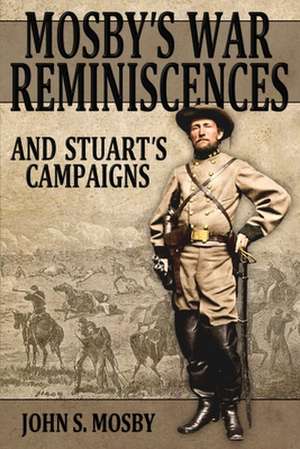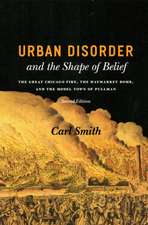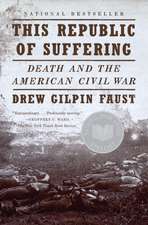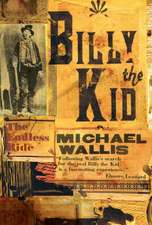Mosby's War Reminiscences
en Limba Engleză Paperback
Preț: 100.65 lei
Nou
Puncte Express: 151
Preț estimativ în valută:
19.26€ • 20.11$ • 15.94£
19.26€ • 20.11$ • 15.94£
Tipărit la comandă
Livrare economică 04-18 aprilie
Preluare comenzi: 021 569.72.76
Specificații
ISBN-13: 9780692548301
ISBN-10: 0692548300
Pagini: 188
Dimensiuni: 152 x 229 x 10 mm
Greutate: 0.26 kg
Editura: Confederate Reprint Company
ISBN-10: 0692548300
Pagini: 188
Dimensiuni: 152 x 229 x 10 mm
Greutate: 0.26 kg
Editura: Confederate Reprint Company
Notă biografică
John Singleton Mosby was born in Powhatan, Virginia on December 6, 1833, the son of Alfred and Virginia (McLaurine) Mosby and descended from an old Virginia family of English origin. Throughout his school years, young Mosby was the victim of constant bullying due to his small stature and frail health. He always defended himself, but never won a fight. He enrolled in Hampton-Sydney College in 1847, but unable to keep up in mathematics, he left without graduating. Three years later, he enrolled in the University of Virginia and excelled in Classical Studies, but still struggled with mathematics. He was expelled from the institution after shooting a bully in self-defense, and was charged and convicted for the deed. During his incarceration, he studied law and after his release, he was admitted to the Virginia bar and opened his own practice in Howardsville. Though initially opposed to secession, Mosby joined the Confederate army as a private at the outbreak of the war, and participated in the First Battle of Manassas in July, 1861. His outstanding talent as a scout earned him promotion to first lieutenant and he was assigned to Stuart's cavalry. Mosby is best remembered for his daring exploits within enemy lines, particularly his night-time excursion into the Yankee camp at Fairfax Courthouse, during which he and his men captured a Union general, two captains, and 30 enlisted men without firing a shot. After the war, Mosby joined the Republican party, believing it necessary to help the country heal from its wounds. His support of Ulysses S. Grant's presidency made him a controversial figure with many Southerners. He died in Washington, D.C. on May 30, 1916 and was buried in Warrenton, Virginia.









